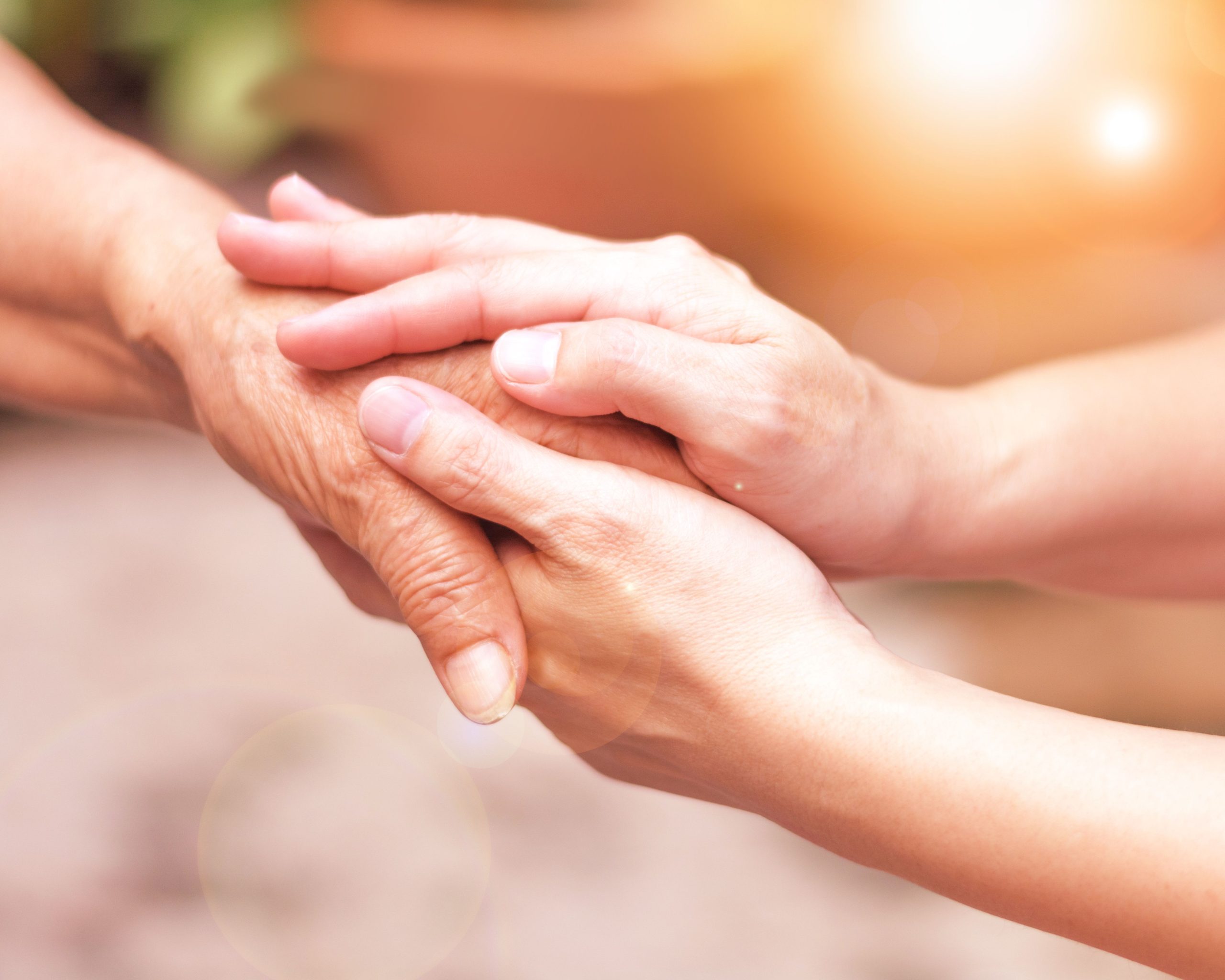This pandemic has amplified and laid bare some of the deepest inequalities, ageist attitudes and behaviours in our society. Another thing this pandemic has done, is the ray of candlelight it has shone on the world of unpaid caregivers.
This army of unpaid and often invisible workers have heroically been going about their labour, quietly, caringly, selflessly, and stoically. Without them society and the NHS would have ground to a halt well before Covid struck. All of us owe these unsung superheroes a deep sense of gratitude, as without them the death toll from this devastating virus would have been much, much worse.
CarersUK reported that there are an estimated 4.5 million people in the UK that have become unpaid carers as a result of the Covid-19 pandemic. This is on top of the 9.1 million unpaid carers who were already caring before the outbreak began, bringing the total to 13.6 million.
Many of these key people are wives, husbands, fathers, mothers, relatives, friends and neighbours. The types of care they provide varies dramatically from providing company to the lonely, doing the shopping and household chores, to help with deeply personal tasks such as eating or washing.
For some, providing care is fulfilling and provides a sense of purpose but for many it is a sense of duty that drives them. Many carers find it an everyday challenge, both emotionally and physically, taking a toll on their mental health and wellbeing and made significantly worse by this pandemic. Unpaid carers need our support now, more than ever.
Society at large and the government in particular must ‘wake-up and smell the roses’ and recognise the importance of what this invisible army provides; the billions and billions of pounds of value they save the NHS and support services.
If we continue to treat these carers as invisible and treat them unfairly, we will begin to see more people turning away from helping. Caregivers are not conscripts on national service and whilst society may treat them this way or they themselves may feel a keen sense of duty, push them too far and they will fight-back in the only way they can and ensure that the welfare state assumes its rightful responsibilities.
So more than ever caregivers need to be treated fairly, seen as key workers and be recognised fairly and adequately through the welfare, benefits and tax systems. It is not just about financial support, many caregivers and the people they look after, feel alone and unable to simply and efficiently access help, be that advisory, emotional or physical. Sadly, we hear story after story of people finding it a complete maze to understand what is available. If they do make it that far they are then faced with crawling through a swamp of bureaucracy and procedure, whose sole purpose seems to be to drag them down to such a point that many give-up. For those with the tenacity to continue and access the important but meagre help, they worry whether this help and support will continue.
As a small example, our recent dementia survey, highlighted the fact that people needed most help and felt a keen sense of being vulnerable overnight, but helplines had closed down for the day.
So, the candlelight urgently needs to become a spotlight, shining on a role which needs to be valued fairly by society at large and where accessing mental, physical and financial support is easily accessible, simple, efficient and effective.
